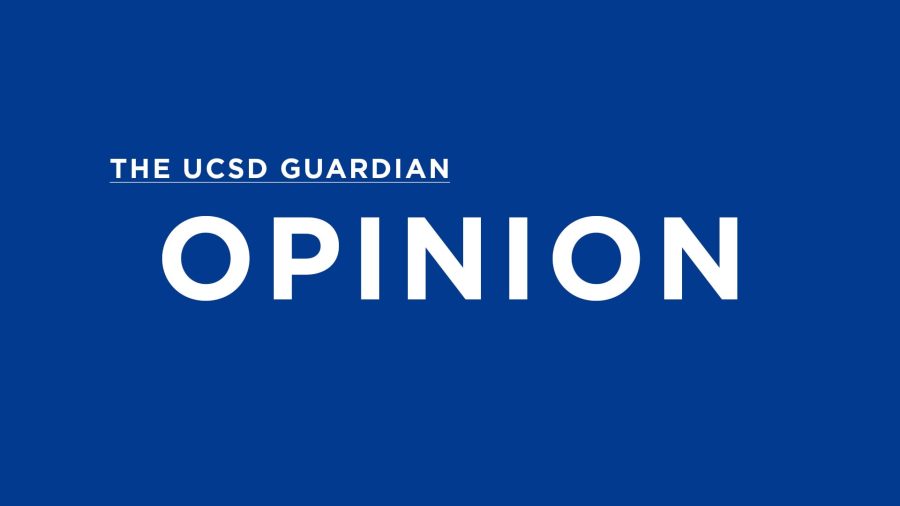Californian coastal politics south of Los Angeles have generally been regarded as nothing but conservative. However, this trend appears to be changing at an excitingly fast pace. On January 10th, 2018, Rep. Darrell Issa of California’s 49th Congressional District (home to UC San Diego) announced that he would not seek re-election this coming November. Despite having held his incumbency for 18 years, he just narrowly won against progressive candidate Doug Applegate by a margin of 0.6 points in the 2016 election. While Issa has yet to give a concrete reason as to why he is resigning, one potential explanation put forth by commentators is that Issa feels as if his ideology that matches that of President Donald Trump’s no longer reflects that of his constituents. The tightness of this election evidences a growing eagerness to accept Applegate’s particular brand of populism — a push to moderate the political influence of a corrupt elite in favor of expanding inclusive democracy to all Americans regardless of socioeconomic background. The reason for Applegate’s success in a historically red district, then, is that the modern progressive movement is gaining mainstream support in a nation that is currently in a populist mood.
Progressive politics in the current political climate most closely resembles the ideology that Bernie Sanders put forth during the 2016 presidential election. Even though progressives encompass people of all ages and have taken some noteworthy action in the past, such as with Occupy Wall Street, a majority of those that fall underneath this category are millennials. The message that Sanders put forward resonated with millennials, who voted for him more than Hillary Clinton or Trump combined. He argues for the digression away from both trickle-down economics, which works against the economic success of millennials, and establishment politics, which tends to scare off millennials for being a fixed and hierarchical platform.
Progressives distinguish themselves from establishment Democrats, even though mainstream media likes to lump the two factions together. However, it is important to acknowledge their differences. The main argument against establishment Democrats made by progressives is that they take too much corporate money. Prominent Democrats such as Kamala Harris and Cory Booker have taken large donations from the entertainment industry and Big Pharma, to name a few, which progressives criticize because this leads to their Congressional votes tending to align with those industries rather than with the interests of the American people. Another criticism of establishment Democrats is that they refuse to play hardball with Republicans. With the Deferred Action for Childhood Arrivals program, for instance, despite the fact that 70 percent of the country, including a majority of Republican voters, support DACA recipients, establishment Democrats have yet to use this statistic as leverage when debating this with Republicans in Congress. Because issues like DACA have yet to be resolved, frustrations by Progressives against the establishment have continued to grow.
Despite having a more liberal, millennial base, the ideals of progressivism have recently been viewed favorably by other voters, such as baby boomers, who tend to have more conservative ideals. During the 2016 presidential election, Trump campaigned on a populist message that at some points sounded similar to that of Sanders, but by no means were their brands of populism exactly the same. Where Sanders fought for the uplifting of minority groups, Trump worked to blame the nation’s problems onto these same groups. However, when Trump promised not to push for cuts to Medicare or Social Security — both of which are widely popular progressive programs — he resonated with the generation that receives these benefits, gaining him 53 percent of the baby boomer vote. Clearly, even baby boomers have found a place within progressive agenda. Even though he has yet to fulfill any of these progressive promises, he recognized that a majority of Americans do not want to perpetuate establishment politics. This concept is directly reflected in the results of the 2016 election. In toss-up states such as Wisconsin and Michigan where Sanders won against Clinton in the primary, Trump won months later in the general election.
Despite Trump’s abandonment of his progressive promises, progressive ideas are still widely popular among the American electorate. Sixty percent of Americans support Single Payer Health Insurance. Sixty-two percent of Americans support a state-funded higher education system. And 70 percent of Americans support DACA. These ideas reveal a new wave of populism revolving around progressivism. Both Sanders and Trump initially campaigned on the support of equality for those disenfranchised or neglected b establishment politics. However, with Trump’s approval rating lying at a historically low 36 percent, it is clear that Americans are rejecting Trump’s brand of ethnocentric populism that panders to a minority of voters, in favor of a progressivism that represents a more diverse group.
With liberals gaining seats formerly held by conservatives in special elections that have occurred nationwide since 2016’s presidential election, an important change in politics is about to occur this November. Progressive candidates such as Doug Applegate embody the populist mood of the nation because they recognize the importance of diverting away from big money in politics. But this “political revolution” will only come when voters overcome complacency. Fortunately, with 37,000 citizens from San Diego showing up to the Women’s March — a progressive movement — it looks optimistic that complacency will not be an issue for voters of California’s 49th district.








